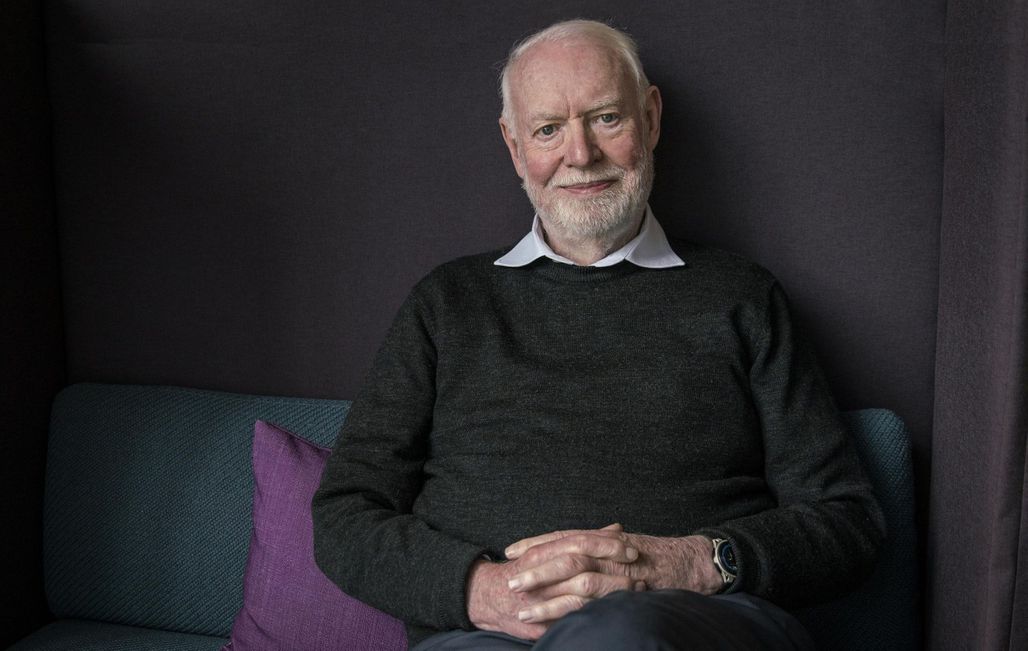
David Stratton: A Cinematic Life – a love letter to Australian film

David Stratton: A Cinematic Life looks back at the history of Australian film through the eyes of critic and arch film-buff, David Stratton. An interview with director Sally Aitken and producer Jo-Anne McGowan, as the film is screened at Cannes Classics.
Where does your interest in Australian film come from?
Sally: As a New Zealander the films were new to me. I was really curious and wanted to watch all of them. Film is such an interesting lens for looking at a country, its society and culture. And then there's David himself. He's a really interesting character, who has a profound relationship with films.
What interests you about David Stratton?
Sally: I think it’s fascinating that someone could have such an intense relationship with film. He's so knowledgeable he's like a savant. And his knowledge comes from that very particular dedication to the film industry, that’s incredible. Meeting him for the first time was terrifying !
What was it like working with him? Any anecdotes or memories to share from the shoot?
Sally: I think what’s interesting is that David is a real student and lover of film but he is not a filmmaker. He had to entrust us with the process of making the film. It was great going to many of the locations where Australian films were shot. We went back to the locations of Picnic at Hanging Rock and being there with David, who loves the film but who had actually never been to that location, felt pretty special. Being together in the central Australian desert with Warwick Thornton, an indigenous filmmaker whose debut feature won the Camera d’or in 2009, was also pretty amazing. I think David as a young man have never imagined in his wildest dreams that 50 years later he would be in the desert with an indigenous filmmaker, who was so grateful to him for what he had done for the industry.
The documentary features several interviews with stars like Nicole Kidman, Russell Crowe, Eric Bana, and George Miller… How did you get them to take part?
Jo-Anne: It wasn't that hard actually. David gave some of them their first opportunities in the film industry so taking part in the documentary was their way of thanking him. They were all happy to do it. But the most difficult part was the logistics: when and where to film. We went all the way to Los Angeles to interview Nicole Kidman.
What's your take on Australian film?
Sally: What is amazing is that, in the course of directing this film and observing the response to it, we saw it has made Australians very proud. They realise they have amazing films. Australia largely as a country has an exceptional cultural and artistic heritage. But publicly Australia celebrates sports more often than film. And this was one of the rare opportunities to get people to realise that they should be very proud of that aspect of their culture. In terms of the film industry, it has been cyclical. Very early on, the Australian film industry was bigger than Hollywood because Hollywood didn’t exist. It flourished during the silent era. And then there was a period of drought. And then again, in the 1960/70s there was the new wave. It's always been this way. I think the films that directors are making in Australia today are fantastic. In my view, Australia has a vibrant future in this industry but it does need government support if it is to flourish.


